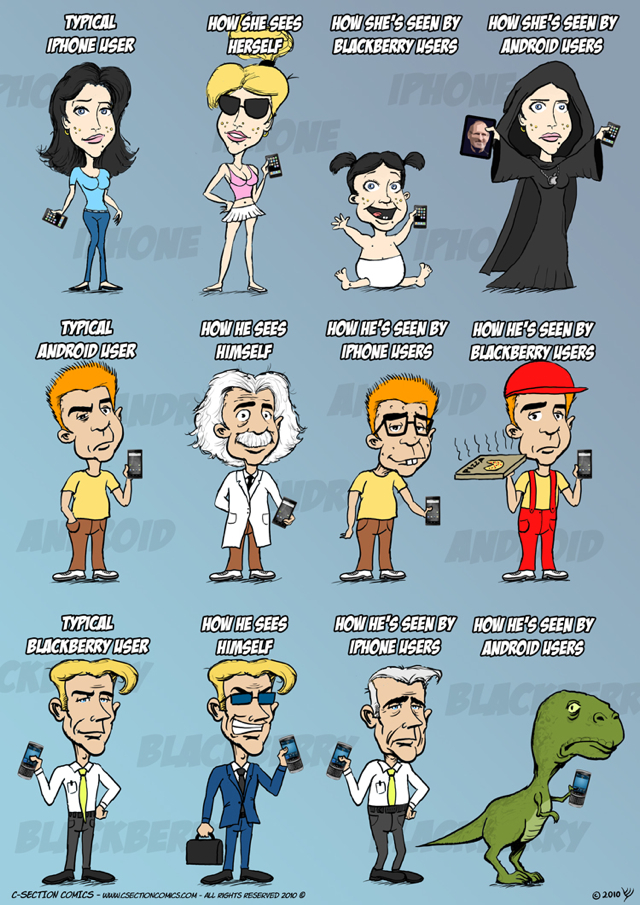The Economist is probably the most reputed magazine in the world. I have always wanted to subscribe it. But never did.
Then I started receiving the these emailers from The Economist. Just Rs. 500 for a quarter! Enticing, isn't it? Upon reading the mail, I came to understand that it was an invitation price and that the subscription rate for the following quarters is a substantially larger figure. The payment is automatically debited on the credit card one authorizes. And of course, if you do not want further subscription, just reach out to the publisher and it is done.
Easy, isn't it?
The Economists' marketing/circulation department have been brilliant in this campaign of theirs. They realized the important of Status Quo Bias which means that people have tendency to stick to their current situation.
I am no different. Now every quarter, my credit card is charged for the quarterly subscription of The Economist which I hardly find time to read. But then it is almost a year and I still haven't stopped the subscription.
If you are in a position where you have to influence the behavior of people, then Nudge by Richard Thaler and Cass Sunstein is just the book for you.
A fantastic read, the book offers tremendous insights on how people behave. So it is not necessary that you must be a professional to leverage the ideas in this book. You could be a parent trying to figure out how to make your kid eat good food. Or you could be a family man wondering how to secure the financial security of the family.
Even if you don't intend to influence or nudge others, you will certainly learn a thing or two about your own behavior.
Must read! Do visit their blog and follow them on Twitter.


